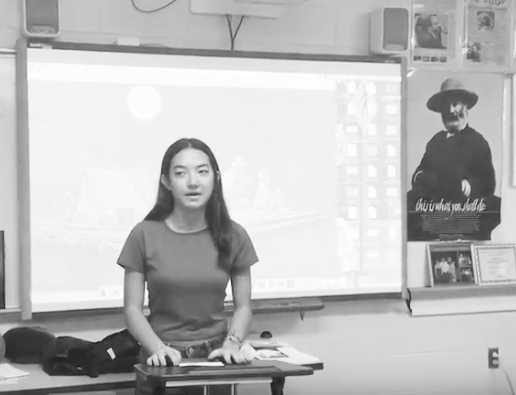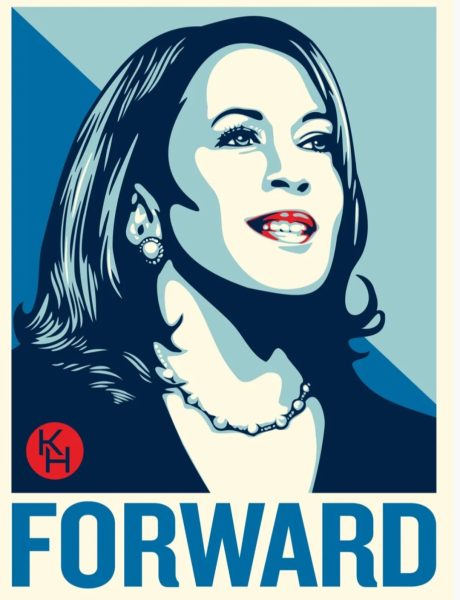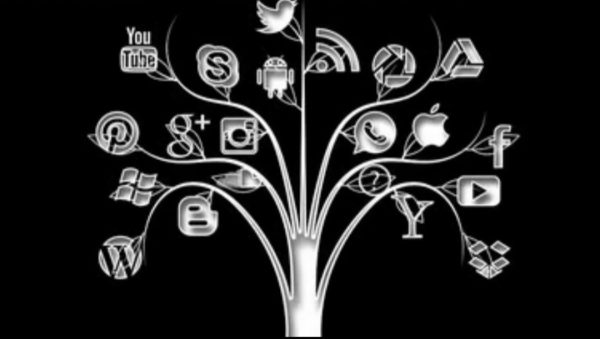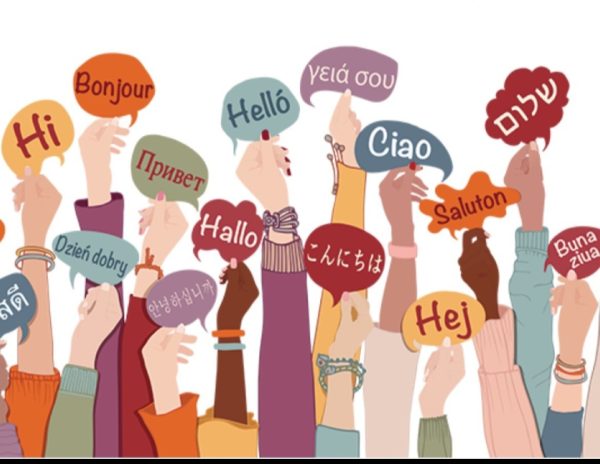Books like “Adventures of Huckleberry Finn” are needed now

In AP English 3, students gather around to discuss one of the most controversial books in American history. Mark Twain’s novel, “The Adventures of Huckleberry Finn,” has been widely dismissed from curriculum in the American educational system due to its infamous and abundant use of the n-word, as well as prominent themes of racism.
In an effort to make the book more comfortable to read, Alan Gribben and NewSouth Books published an updated version of the American classic in 2011, replacing the n-word with “slave” instead. However, this gesture did not bring the story back into the classroom. Due to an outcry from parents and teachers alike, Twain’s novel was pulled from copious amounts of high school classrooms.
Although the excessiveness of the n-word (219 times, to be exact) is a point of dispute, it is also the stereotypical portrayal of slaves in the 1800s and the disturbing topic of racism that causes discomfort among many.
Despite its heated contention, the AP Lang and Comp, consisting of juniors, continue to study this novel. Ernest Hemingway once said that all American literature comes from this novel. However, it is only at the AP level that students get the opportunity to read the book.
Looking at this situation from a real-world standpoint- is it okay to continue to shelter students from the issues of racism? The answer is no.
To act like teenagers do not understand racism is insulting, especially in this day and age. By high school, students have heard every horrible news story and every awful swear word. They have withstood years of American history classes chock full of racism. Why is it suddenly not okay to discuss once it is presented in a way that isn’t clean cut, ending with Lincoln riding off into the sunset with his northern army and freedmen following behind?
What is learned in history class is all factual, but what is studied in “The Adventures of Huckleberry Finn” is the real truth.
White people used the n-word with a hard -er. White people separated slaves from their families. White people tortured, mistreated, beat, and killed black people without hesitation. It is an ugly, horrible truth. But it is the truth. There is no way to sugarcoat it, and people should not try to.
Looking past the controversial aspects of the book, there are very important morals to be learned from Huck and Jim. Twain discusses civil disobedience, formal education, and, most importantly, an unlikely relationship between a black man and white boy in the 1800s. The novel teaches people to push past society’s ideals and to see past skin color, religion, and any set presumptions one may have about a group of people. The positives of this book far outweigh any negatives.
All students should have the exposure to Twain’s novel and books like it. “To Kill a Mockingbird” sits in the same position as “The Adventures of Huckleberry Finn.” Many schools have removed Harper Lee’s classic because of its use of the n-word and subjects of rape. Like racism, rape occurs in the world everyday, which should not be taboo to talk about in a school setting. Students need to learn the realities of subjects like rape and sexual assault in order to educate themselves and learn.
This defense applies to more than just AP students or principal’s honor roll scholars. Just because a student in a college prep class may not be on the same reading or writing level as an AP student, it doesn’t mean they shouldn’t be exposed to books with difficult topics.
They are still high school students, and more importantly, teenagers growing up in the same America with same amount of sexual assault, police brutality, and prejudice. After all, isn’t the message of the novel more important than the eloquence of the text? Not allowing students of all levels to read about questionable topics puts them at a severe disadvantage.
Reading has an impact on students, especially those in the process of developing their own opinions and views. Studying a book like “The Adventures of Huckleberry Finn” can have a large influence on the moral compass of a teenager. Uncomfortable conversations are the most important ones humans can have.






